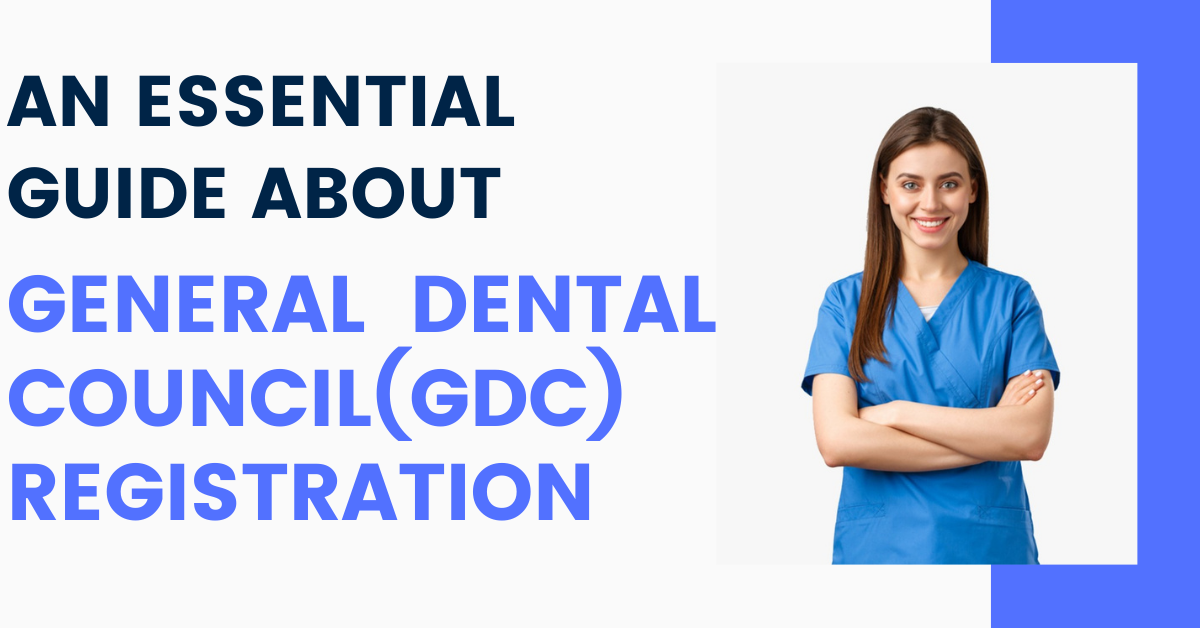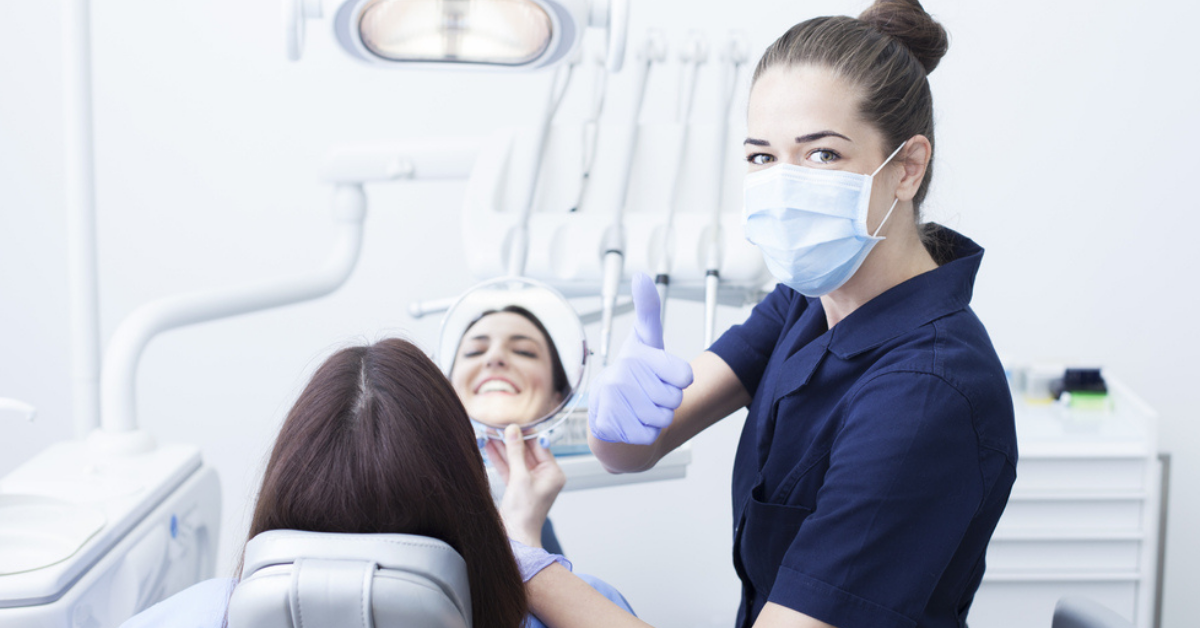Private Dental Practice In The UK | Step By Step Guide 2024

What Is Private Dental Practice In UK -
Private dental practice refers to the treatment being practiced outside the NHS, privately. Dentistry in private practice is between you and the patient and that’s it. NHS dental practitioners opt working outside the NHS to get more funded and work individually.
However, there are a small proportion of dental practices in the UK that offer purely private treatment, with no NHS work.
Private dentistry cannot come out to be whatever charges the dentist wants to be as the NHS, government does impose some restrictions and they fix the patient charges nationally. In uk the government does regulate the private dentistry.
Advantages Of Working Privately Than Working For The NHS -
- Freedom to offer wide range of treatment options
- Dentists are free to run the clinic on their own terms and documentations.
- Flexible working timings as per own interest.
- Less bureaucracy, for example: no UDA targets to meet, no PCO key targets to meet and record, no NHS claim submissions
- Can offer treatment of better quality using better quality of equipment which is not so possible in NSH as cost efficacy is a key factor to keep in mind in NHS.
- Dentists are king on their own and thus feel more prestige.
- Flexible with the timings and thus often don’t mind to give more time to patients.
- Can give more focus on one patient which they can’t in NHS as in NHS they have to handle more than one patient at a time.
The advantages of working in the private sector can be summed up in one word – freedom. As a private dentist you have a much greater degree of control over the profitability of your work, the materials you use, the treatments you offer and how the business is run, so long as you work within the confines of professional conduct and meet Care Quality Commission (CQC) or similar requirements.
Disadvantages Of Private Treatment -
- Available to everyone regardless of wealth and readily accessible to all communities regardless of socioeconomic background. It is subsidised dental treatment which means the cost is reduced
Despite the greater freedom of working in the private sector, it is important to be aware of the potential downsides
- No guaranteed income and more vulnerable to an economic downturn
- Loss of NHS pension and additional payments such as maternity and sick pay
- Practice owner may save the best cases for themselves
- Cost effective materials are used for mass treatment
- Higher patient expectations
- NHS dentists do not work for profit so the support and advice they provide is honest, impartial and entirely for your own benefit. Always in your best interest.
- Cost of materials, latest equipment or training may be higher
- Errors may arise as there are no NHS forms and procedures to follow
- Inability to switch to NHS practice if you don’t have an NHS performer number
- Although working in the private sector gives you greater control, it comes at the cost of security in terms of income, sickness and pensions. In addition, private patients will have higher expectations that can be expensive to manage.
Why Patients Choose Private Treatment Rather Than NHS Treatment -
Patients are quite wise. They get their prescription after comparing both NHS and private dentistry clearly. It is seen that patients prefer to get treated privately rather than NHS because of following reasons.
- Cheaper materials are used in NHS. e.g., Amalgam in molar teeth instead of composite.
- Some treatments are not available under the NHS. These include: cosmetic treatments, dental implants, tooth whitening
- More comfortable beds and ambience
- Separate room and more caring staff which is not so in NHS
- You may also be able to see more experienced dentists and specialists who choose to work outside the NHS, may provide more complex treatments as well.
- Different labs are used, more facilities are provided, quality of equipment used is much better than NHS so people don’t mind paying more.
- Waiting list is shorter. Specialists are more readily available.
- The individual dental practitioner deals with one patient at a time, so doctor’s focus is more on individual patient.
- Flexibility in appointment
- Govt. imposes limits on the amount of NHS treatment each practice can provide. Once this limit is reached a practice may not be able to offer any more NHS treatment until the next financial year. Private dental clinics has no such restriction.
Future Of Private Dental Practitioner -
Dentists starts their career working for NHS. There they get the opportunity to work with trained and senior specialists and brush up their skills. Meanwhile working for the NHS, dentists do get the offer to treat privately and attract patients Within your practice you may have the opportunity to carry out some private treatments and attract patients to build a private list alongside your NHS one. Gradually dentists will have enough experience and clientele to move away from the NHS to a purely private practice to own all the advantages one can have working privately.
Earning Of Private Dentist -
The survey of dental practice shows 2,04,710 as average net income for general dentists while 3,43,410 for specialists.
To check current job openings, Click Here and Post your Medical CV Click Here!
Click Here to join our Official Facebook Group for timely updates on Healthcare Jobs opportunities UK/UAE.









